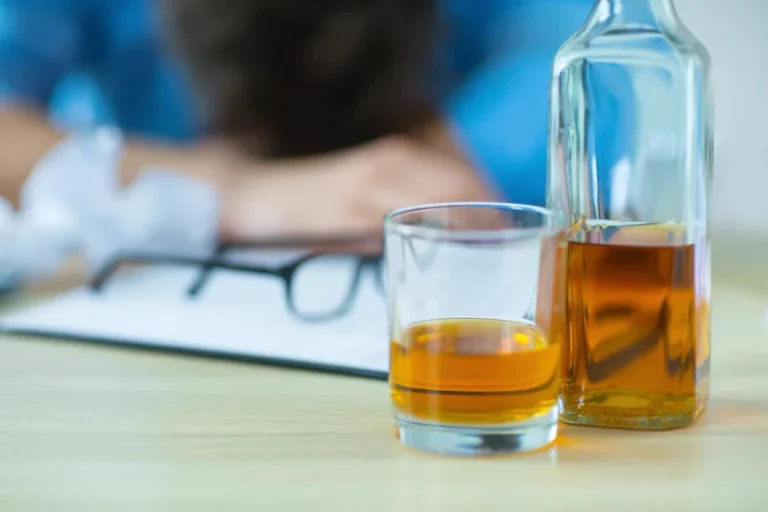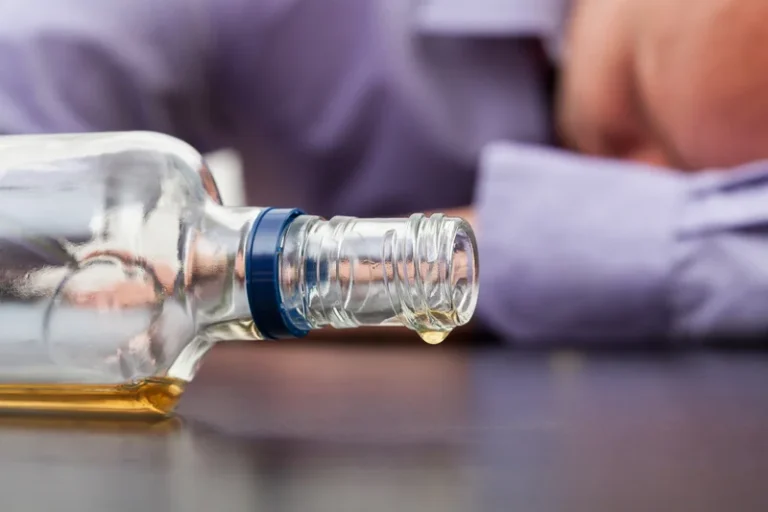Alcohol Insomnia

Sleep is one of the basic physiological needs of the body. The alternation of its main phases (deep and light) is due to the production of certain neurotransmitters. This process is disrupted by alcohol consumption. However, these disorders have a two-way relationship.
In many clinical studies, it has been confirmed that chronic insomnia contributes to the development of alcoholism. Researchers found that people with sleep problems are twice as likely to be addicted to alcohol as those who do not.

On the other hand, one can experience insomnia after drinking alcohol. For a long time, there is an opinion that if you drink a glass of wine before going to bed, your sleep will be deeper and stronger. Most people consider it normal to drink beer or any other light alcoholic beverage after a hard day at work. According to the US National Sleep Foundation, one in five American adults occasionally drinks before bed to help them fall asleep.
After drinking alcohol, a person does quickly fall asleep but then wakes up. Why? It is known that a glass or two increases the production of adenosine. This substance tells the brain that the cells in the body are tired, lack energy and it is time to rest. The more adenosine, the more sleepy you get. Unfortunately, falling asleep in this case does not mean getting enough restful sleep.
When you drink just before a night’s rest, the period of falling asleep, the duration of the first, rapid phase of sleep, is shortened. Almost immediately, a person plunges into a deep sleep, and therefore in the second half of the night, one often wakes up and cannot fall asleep again. As a result, tiredness, irritability, and fatigue are experienced during the day.
Sleep disorders are found in most people with diagnosed alcoholism. Regular intake of even a small portion of alcohol at night is fraught with dependence. The fact is that the body will quickly get used to small amounts and will require more in order not to lose its calming effect.
Scientists have found that addiction occurs within three days. After that, a glass of wine at night will lose its seemingly positive effect, and people continue to have insomnia after drinking alcohol. At the same time, the risks of alcohol dependence increase significantly. Moreover, the severity of alcohol insomnia directly correlates with the severity of alcohol abuse.

At the biochemical level, this can be explained by the fact that alcohol consumption affects the synthesis of various hormones. For example, melatonin begins to be actively produced during the day, but at night this does not happen. At the same time, melatonin is one of the main regulators of circadian rhythm, which is responsible for the fact that a person sleeps at night and is awake during the day.
It is noteworthy that when people stop drinking before bedtime, they complain that they cannot sleep normally for about eight weeks after quitting drinking alcohol. Ironically, if a person who has given up drinking returns to the old habit, sleep becomes more restful, at least initially. The deceptive feeling that drinking alcohol improves sleep is a leading cause of relapse for many alcoholics. However, the relief they receive is only temporary.
In this regard, researchers propose not only to remove intoxication syndromes when treating alcoholic disorders but also to help patients fight alcohol insomnia. For those who are not alcoholic and are simply looking for a way to help them fall asleep, the researchers strongly advise looking for another remedy before alcohol becomes a problem.
Ways to treat alcohol insomnia
Usually, a person suffering from insomnia does not see or is willing to admit that there is a relationship between the use of alcohol and insomnia. Alcoholics often attribute sleep issues to stress, accumulated fatigue, and problems at work or at home. If an individual suffering from insomnia has turned for professional help, a doctor must distinguish alcohol insomnia from a common sleep disorder and, if necessary, refer one for treatment of alcohol use disorder.

Below, we would like to share some of the ways to treat sleep disorders that are related to alcohol consumption.
- Start treatment with detoxification of the body. Individuals who drink only occasionally might be able to let the body do this naturally by simply quitting to drink alcohol. However, heavy drinkers will likely experience withdrawal symptoms, some of which are life-threatening. In this case, the detoxification should only be carried out by a qualified specialist.
- As you know, alcohol insomniais just a symptom of a disease. Therefore, you should first get rid of alcohol addiction and insomnia will also go away. There are many methods of treating alcoholism: medications, psychotherapeutic, acupuncture, meditation, etc.
- It is usually necessary to relieve stress and depression with the help of medications, herbs, or other preferred methods. Of course, any medications should be prescribed by a doctor. Such drugs will help you relax, stop feeling anxious, and need to drink again.
- Whether you are trying to treat insomnia that arose due to alcohol use or sleep problems that provoked alcohol consumption, taking simple measures to make your sleep more comfortable is always a good idea. Air your room before going to bed, change your bedding, remove any unnecessary items from the bedroom, take a shower, and simply tune your body to sleep and relaxation.
Alcohol and insomnia form a vicious circle, which most often can only be broken with the help of a doctor. Thus, we strongly encourage you to seek professional help for your insomnia, especially if dealing with it on your own has not brought any positive results.

Take back control of your life and start on the road to recovery now.




